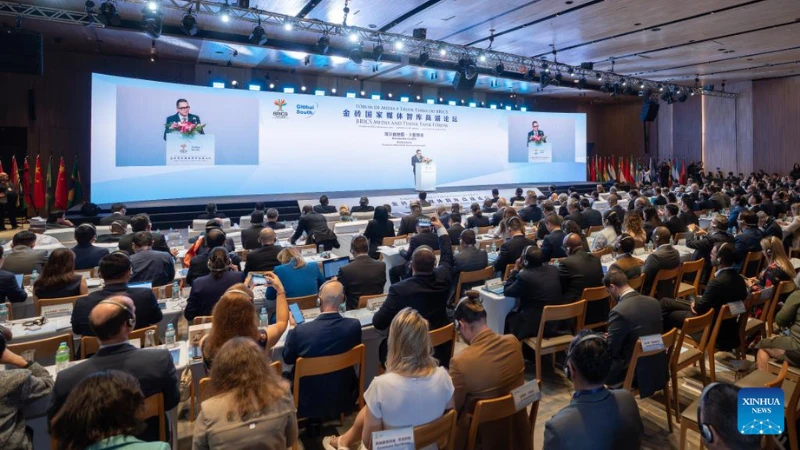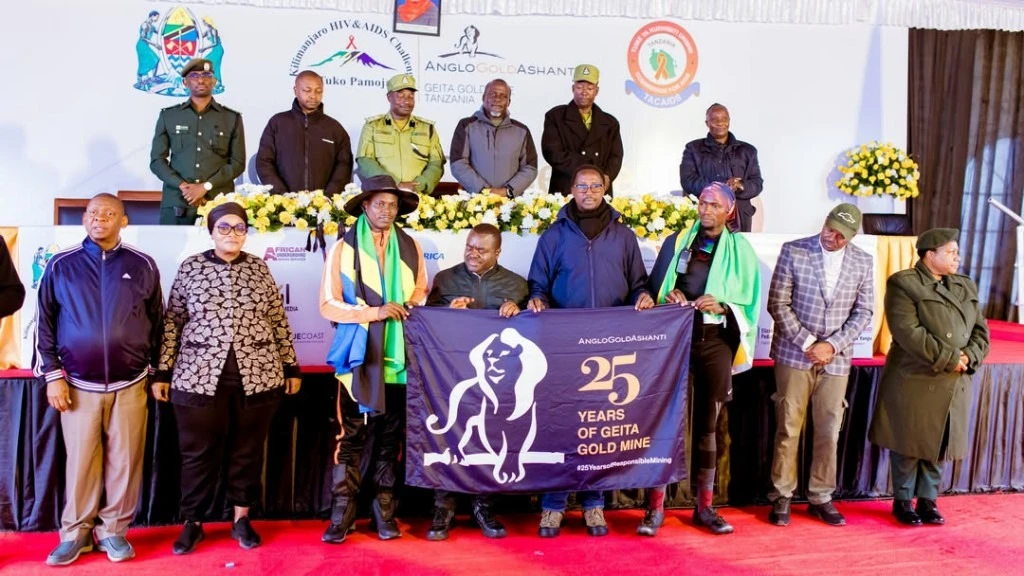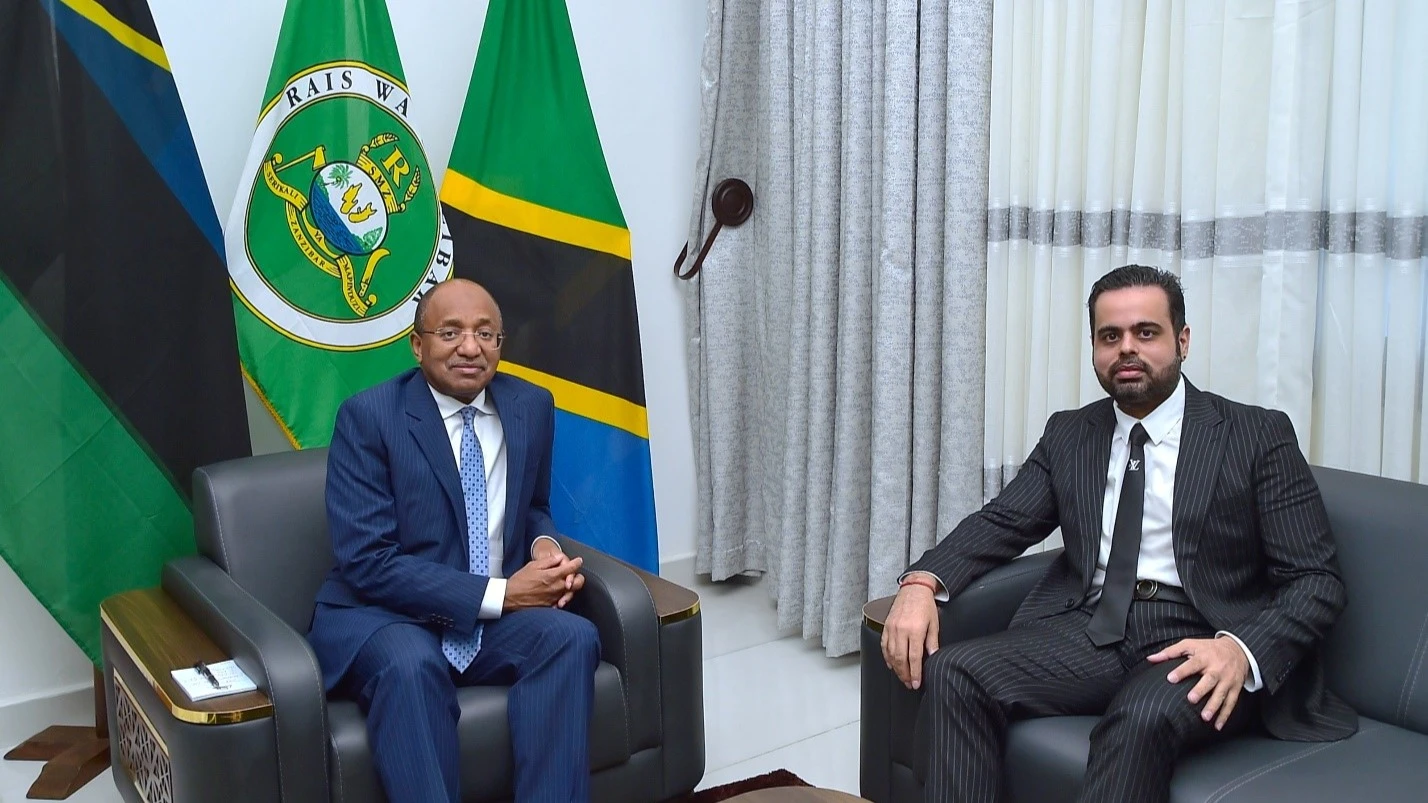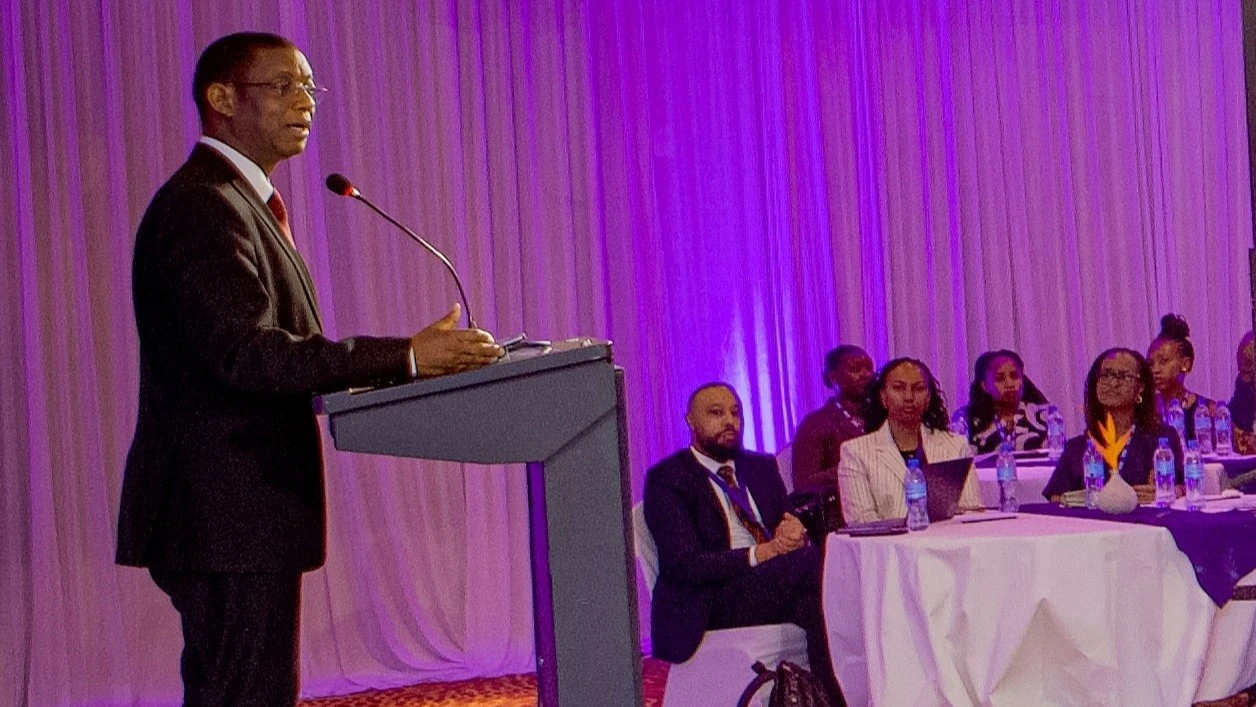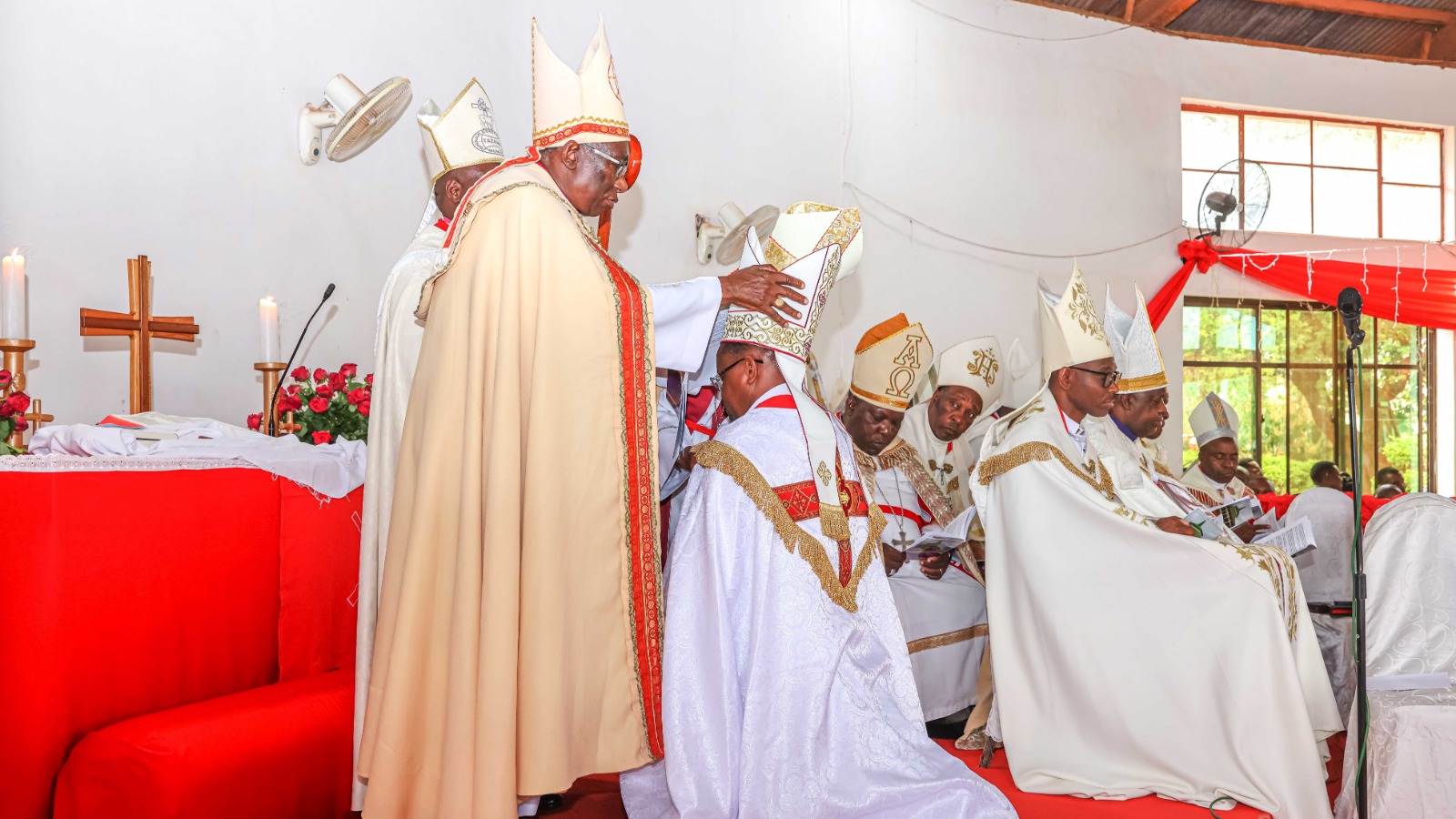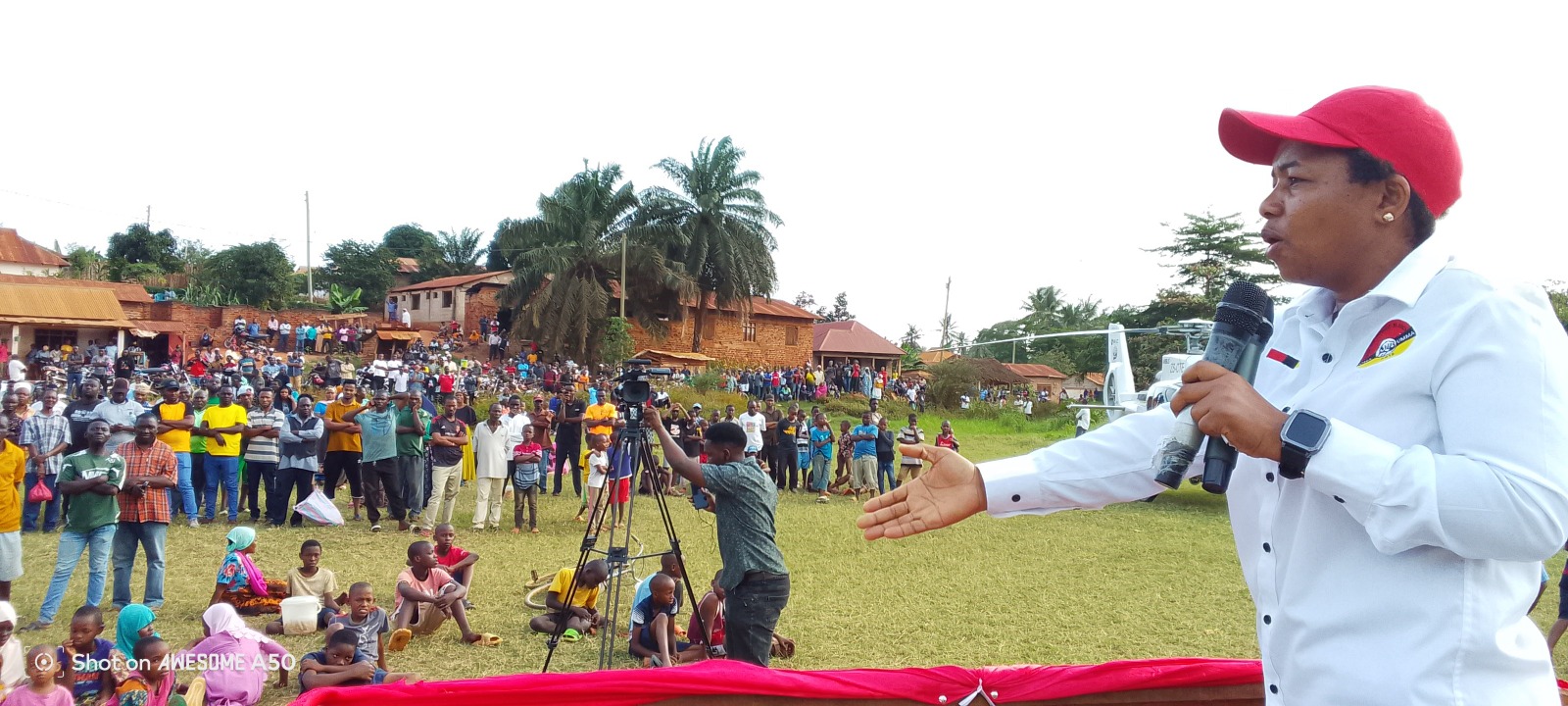‘Public agencies must align with Vision 2050 priorities’
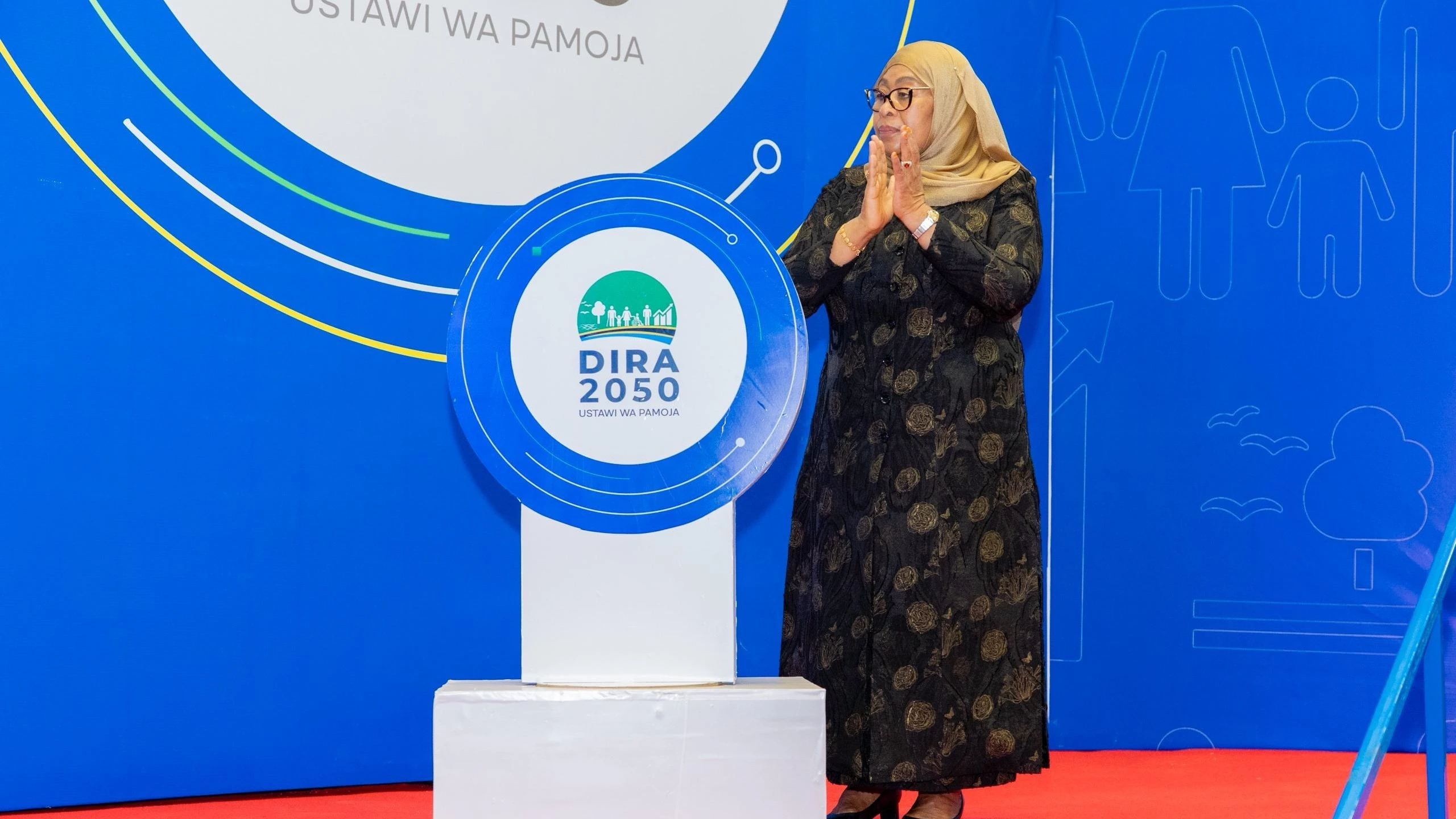
PRESIDENT Samia Suluhu Hassan has directed ministerial departments and public agencies to ensure their sector level plans and policy directions are aligned with the newly launched Vision 2050.
Officiating at the launch of the Vision here yesterday, the president urged immediate action to bring the document to life, underlining that successful implementation will require legal, institutional and attitudinal shifts across all sectors of public activities.
The Law Reform Commission, working with the Attorney General’s Office, needs to start drafting legal reform proposals to facilitate effective implementation of the strategic document, she directed.
“I commend those who prepared the Vision—but now let’s implement it through action, not just words. This is our moment to use national resources wisely and work with resilience to build the Tanzania we envision,” she stated.
The review will cover laws that may hinder Vision implementation, she said, urging public officials to take ownership of the Vision and champion its objectives.
The launch event was attended by current and previous top public officials, members of the diplomatic community, multilateral agencies and youth representatives, saw widespread praise for the consultative and inclusive approach used.
Susan Namondo, the United Nations resident coordinator, commended the government for prioritising public input in crafting the strategy.
“The wide stakeholder engagement demonstrates strong leadership and a deep commitment to inclusive development. We look forward to working closely with the government to ensure the Vision is implemented effectively,” she said.
She pointed at progress in areas such as food security, urging further collaboration, transparency and accountability to meet the Vision’s ambitious targets, while Planning and Investment state minister Prof Kitila Mkumbo described Vision 2050 as the most participatory development strategy since independence.
Over 1.17m people contributed, 81percent of whom were youths aged 15 to 35. “This Vision reflects the voices of the very youth who will live through it and lead its implementation,” he declared.
The Vision targets an increase in average per capita income to $7,000 annually (around 50,000/- daily) by 2050, achievable through productivity growth, investment and robust public-private collaboration.
Former president Jakaya Kikwete, who participated in the consultations, hailed the Vision as a restatement of intent for long-term progress, “a reflection of the hopes and dreams of Tanzanians.”
Zanzibar President Dr Hussein Ali Mwinyi described the Vision as forward-looking and inclusive, stressing the need for peace, good governance and economic stability. Citizens need to embrace the Vision with optimism and shared responsibility, he emphasized, while Dr Fred Msemwa, executive secretary for the Planning Commission, said that Vision 2050 was “fully funded by the government, despite its scope and complexity.”
It was developed entirely by local experts, from research and analysis to drafting and validation, he said, pointing at broad public involvement, household interviews, SMS surveys, social media feedback and community forums.
Drafting the Vision was also informed by successful development experiences from countries like South Africa, Botswana and select Asian nations, he said, underlining that Vision 2050 positions Tanzania as a resilient, inclusive and prosperous upper-middle-income country by mid-century.
“The strategy prioritises industrialisation, the digital economy, youth empowerment, climate adaptation and good governance, while aligning with the African Union’s Agenda 2063 and the UN Sustainable Development Goals (SDGs),” he elaborated.
Top Headlines
© 2025 IPPMEDIA.COM. ALL RIGHTS RESERVED








